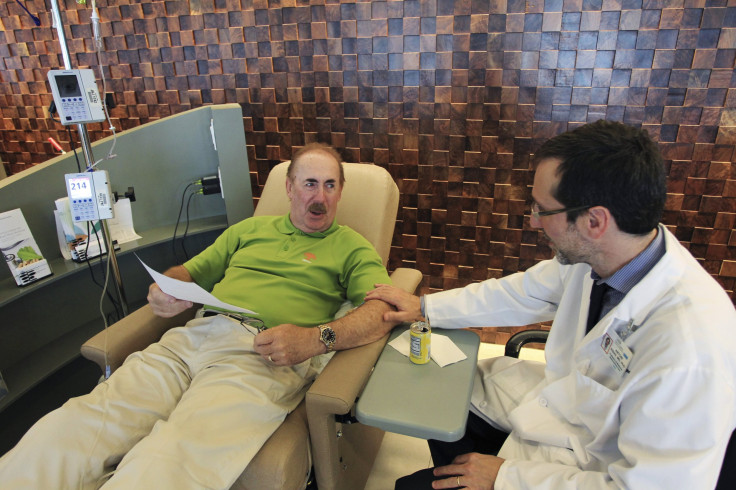Melanoma & colon cancer vaccine: Scientists deliver personalised cancer therapy to immune system via nanodiscs

University of Michigan scientists have developed vaccine nanodiscs so that they can provide personalised treatment to those suffering from melanoma and colon cancer. The researchers have found the customised therapeutic vaccine successful in mice. Once injected, the researchers discovered that 27 percent of T-cells present in their blood attacked colon cancer and melanoma tumours.
When this nanodisc technology was combined with immune checkpoint inhibitors, the melanoma and colon cancer tumours died in about 10 days of undergoing treatment. Even after 70 days, the scientists did not find any recurrence of the cancer cells. Next, the researchers injected the mice again with the same cancerous cells and were surprised to find that their immune system rejected these cancer cells and did not allow tumours to grow.
This suggests that the immune system of the mice remembered the melanoma and colon cancer tumour cells to provide long-term immunity to the mice against the diseases.
“It's a powerful vaccine technology that efficiently delivers vaccine components to the right cells in the right tissues. Better delivery translates to better T-cell responses and better efficacy,” study co-senior author Anna Schwendeman, U-M assistant professor of pharmacy said in a statement.
The scientists will soon replicate the research on other larger animals to see the results. The study has been published in the journal Nature Materials. The scientists explained that the nanodisc technology is made of minute synthetic high density lipoproteins measuring approximately 10 nanometres. These nanodiscs were used to deliver customized therapeutic cancer vaccine to melanoma and colon cancer affected mice.
The mutated genes in tumour cells, known as neoantigens, are found in the nanodiscs. The technology triggers the immune system to search cancer mutations, fight and remove the cancerous cells and halt further growth. Cancer therapeutic vaccines annihilate pre-existing cancer cells, including melanoma and colon cancer cells.






